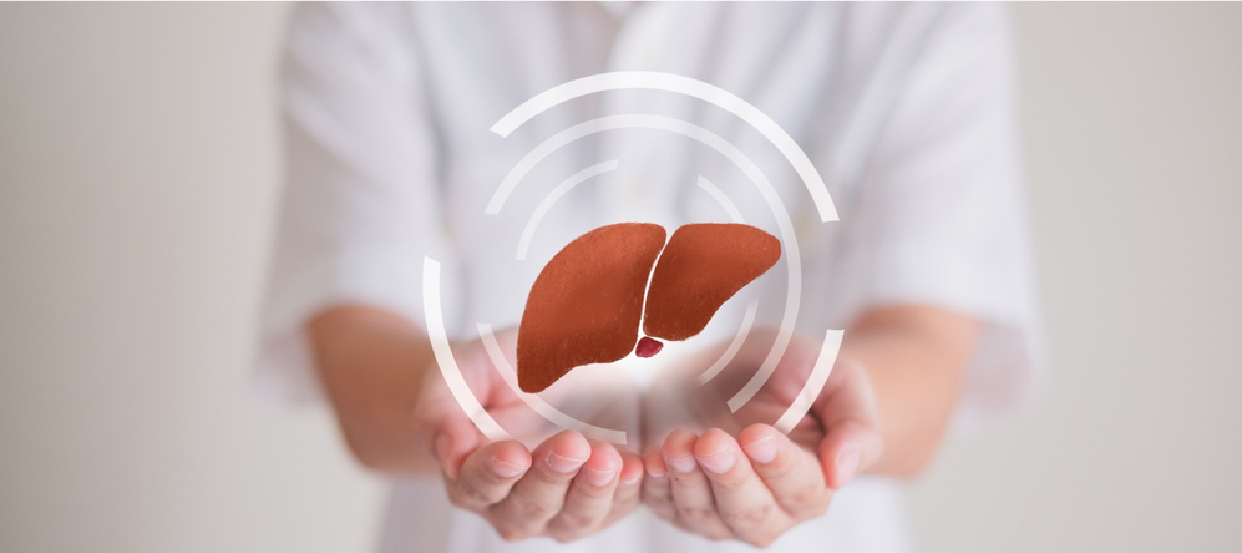
Before proceeding into the territory of exercising, one will need to understand what exactly fatty liver is. Nonalcoholic fatty liver disease is one of the common liver diseases, one in which accumulation of fat in the liver tissue is excessive. The liver is an organ of your body that determines nutrient metabolism, and blood purification and functions as an immune system. Excessive calories although healthy when provided in moderation can cause inflammation and possible longer-term harm to the tissues. Such a condition is commonly associated with obesity, Type 2 Diabetes, hypercholesterolemia, and hypertension. Even though it may not always lead to some symptoms, fatty liver is known to advance to other stages such as cirrhosis.
While the exact cause of fatty liver is often unclear, certain factors contribute to its development:
Moreover, it is often said that a fatty liver is asymptomatic, which means that in many cases it does not manifest symptomatology. However, as the condition progresses, signs may appear:
In this regard, it should also be pointed out that similar symptoms are characteristic of various forms of hepatitis and other liver diseases. If a person has any of these symptoms they should see a healthcare provider to find out the intensive level of the condition.
The cornerstone of fatty liver treatment is lifestyle modification:
For individuals with advanced fatty liver disease, medical supervision, and potentially more aggressive interventions may be necessary.
Also, read: Fatty Liver Diet: Foods to Eat and Avoid
Pune offers a range of healthcare facilities equipped to manage fatty liver. Several hospitals and clinics provide comprehensive care, including dietary guidance, medication, and lifestyle modifications. For severe cases, advanced treatments might be considered.
It is especially important to perform physical activity to control fatty liver since they are the main recommendation tools for the disease. It has benefits in weight loss, increased insulin tolerance, lowering inflammation, and enhancing the liver’s overall condition. Ideally, aerobic movements combined with strength training movements should be done.
Pune offers a range of healthcare facilities equipped to manage fatty liver. Several hospitals and clinics provide comprehensive care, including dietary guidance, medication, and lifestyle modifications. For severe cases, advanced treatments like liver transplantation might be considered.
When seeking fatty liver treatment in Pune, look for healthcare providers with expertise in liver diseases. A qualified healthcare professional can assess your condition, recommend appropriate treatments, and monitor your progress.
Pune is home to numerous highly skilled liver specialists, but one name stands out as the most significant is Dr. Abhishek Yadav. If you are looking for the best fatty liver treatment doctor in Pune Dr. Abhishek is your go to specialist.
Q1. Which exercises are most beneficial for fatty livers?
A: It is advised to combine strength training exercises like bodyweight exercises and weightlifting with aerobic exercises like walking, swimming, and cycling.
Q2. Can fatty liver disease be reversed by exercise?
A: Exercise is essential for treating fatty liver and slowing its progression, even though it may not be able to reverse the illness on its own.
Q3. I have a fatty liver; is it safe to exercise?
A: In general, sure. Before beginning a new workout program, though, make sure to speak with your doctor if you have severe fatty liver disease or any other health issues.
Q4. Are there any particular exercises that focus on the liver?
A: There are no specific exercises that target the liver. However, by increasing insulin sensitivity and burning calories, general physical exercise aids in the reduction of liver fat.
Q5. Does yoga help with a fatty liver?
A: Yes, yoga has the potential to improve general health and reduce stress, both of which may tangentially help liver health.
Q6. Is it possible for high-intensity interval training, or HIIT, to aid with fatty liver?
A: If you start out slowly and pay attention to your body, high-intensity interval training (HIIT) may be useful for weight loss and improving insulin sensitivity.
Q7. What other dietary adjustments are crucial for the management of fatty liver?
A: A balanced diet, controlling body weight, and cutting back on alcohol are all important in addition to exercising.